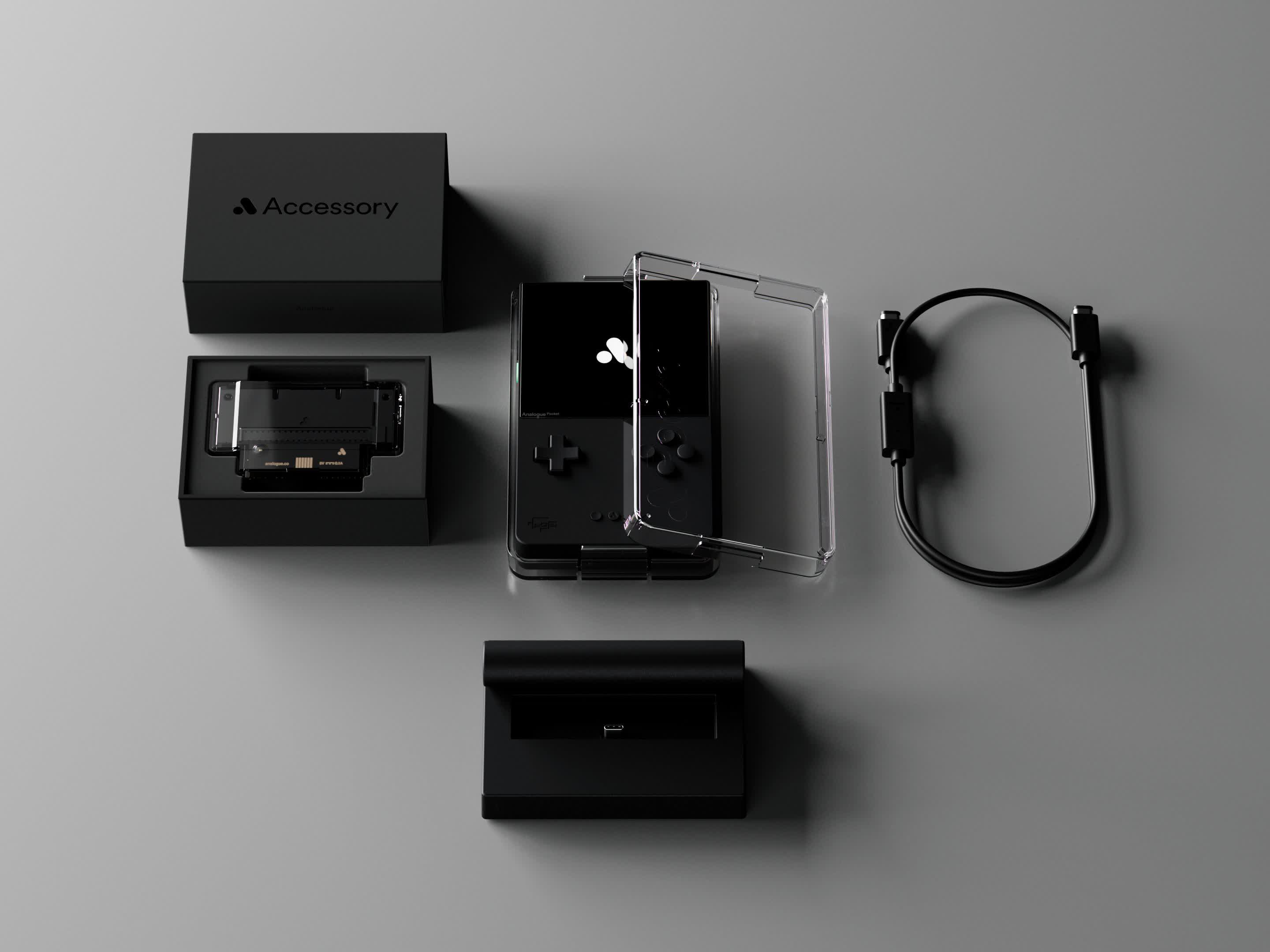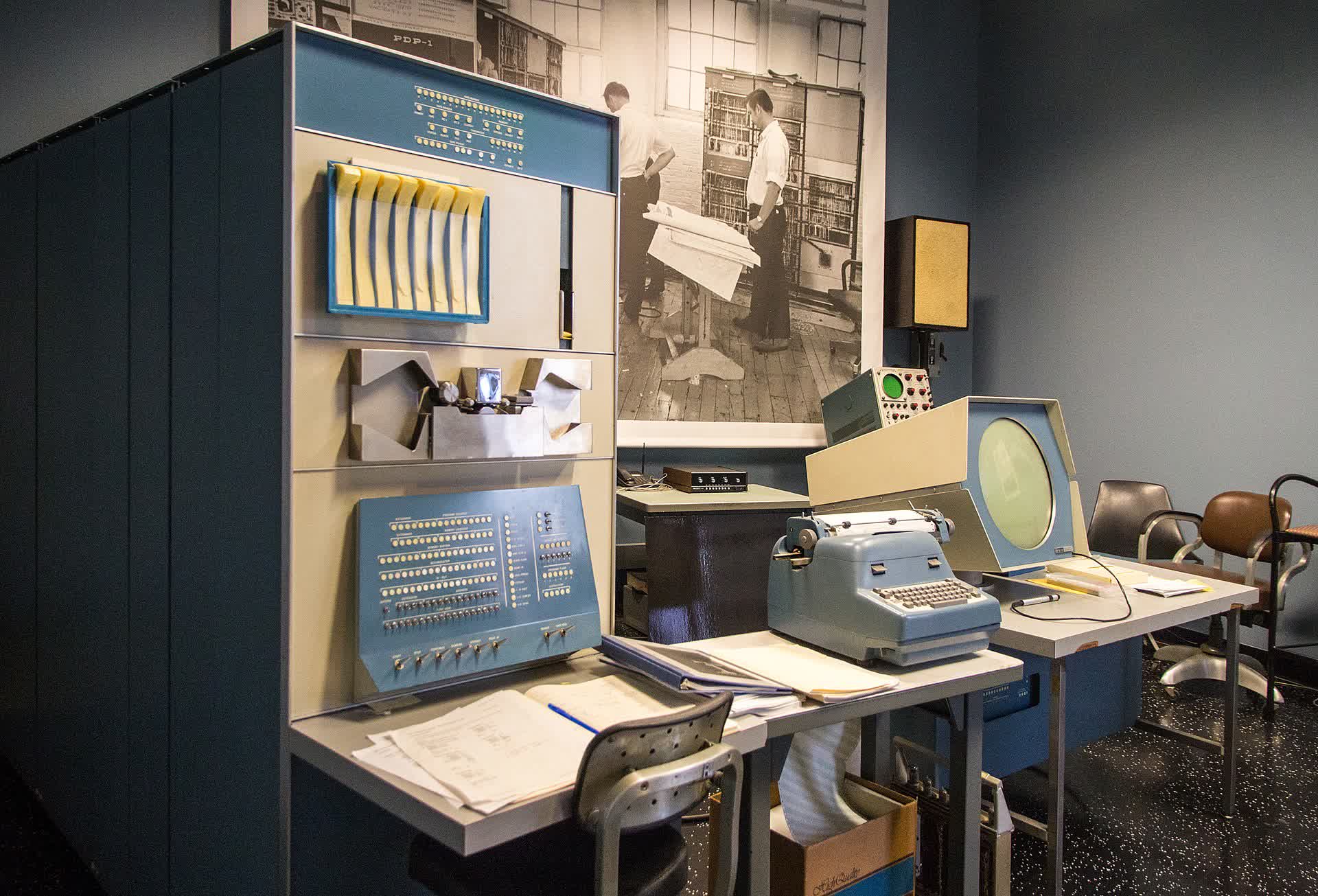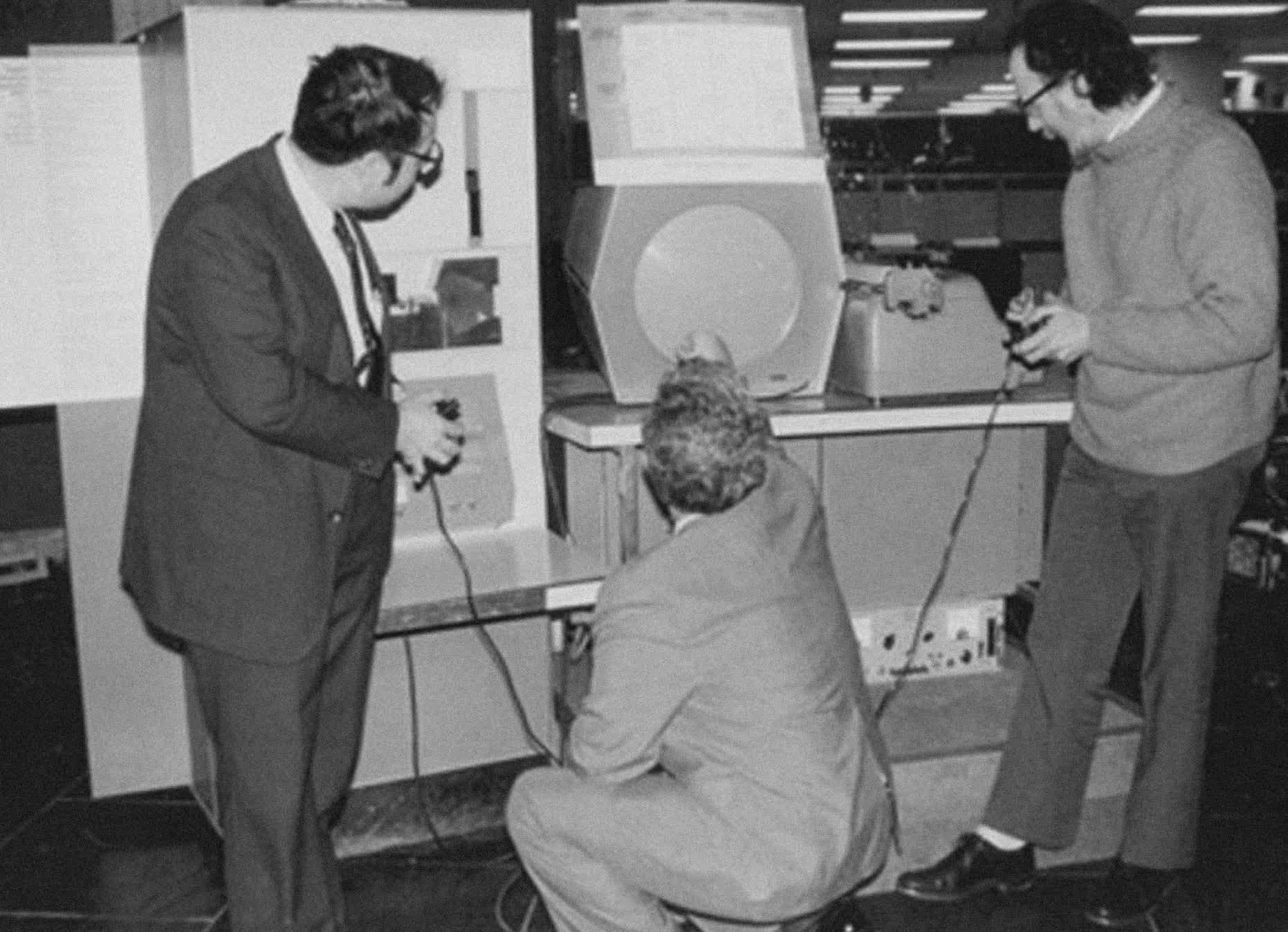
OpenFPGA initiative looks to preserve video gaming history through hardware emulation
In a nutshell: Movie game fanatics are a nostalgic bunch that typically delight in revisiting some of yesterday’s biggest titles. Sad to say for many, the growing old components used to play all those first titles just isn’t really offered. Program emulation can scratch the itch but can also introduce undesirable issues that detract from the game’s experience of authenticity. Analogue’s Pocket handheld and openFPGA initiative are taking measures to address that by flawlessly emulating consoles and other historic platforms at the components stage.
At first anticipated at the beginning of this yr, Analogue’s 1.1 firmware beta release expands the Pocket’s feature established and features a number of additions focused on extending the abilities of 3rd bash builders. These additional capabilities present builders with OS-stage instruments, options, and configurations expected to efficiently produce and deploy new cores for the program working with the device’s field programmable gate array (FPGA) hardware. Cores equate to performance that mimics a computing or console system at the components level.
Not like ASICs (application precise integrated circuits) that are built and fabricated for a solitary purpose, FPGA’s use configurable logic blocks and programmable interconnects that enable reprogrammed parts to provide various functions applying the very same components. This reprogrammable capability delivers developers with a flexibility not typically obtainable on other consoles and platforms.
Analogue demonstrated the system’s possible by which include a entirely useful implementation of what some deem the very first authentic online video gaming platform, the Programmed Information Processor-1 (PDP-1).

This DEC minicomputer (an ironic time period by today’s requirements) offered the basis for Spacewar!, a house fight recreation developed by laptop or computer researchers doing the job with MIT’s PDP-1 implementation in the early 1960’s.
Using openFPGA, a 3rd occasion developer “Spacemen3” recreated the PDP-1 and Spacewar! making use of the first supply code in the community domain. You can participate in it now on Pocket with openFPGA by adhering to this tutorial listed here: https://t.co/XFS3ARmaUe pic.twitter.com/ut6N6Ovois
— Analogue (@analogue) July 29, 2022
The unique specs of the minicomputer might be shocking for any person not common with 1960’s computer technology. Introduced in 1959 for the low cost of $120,000 (nicely over the $1 million mark in present-day pounds), the PDP-1 weighed in at a chunky 1,600 lbs. and furnished a 4,096 term memory ability manufactured readily available by means of magnetic tape.
The gigantic principal cupboard and peripherals, pictured below at the Laptop Historical past Museum, provided users computing energy that was roughly equal to handheld electronic organizers and calculators as considerably again as the mid 1990s. Consume your coronary heart out Palm Pilot.

Spacewar! was formulated by quite a few pc experts and engineers at MIT in 1962. The space-primarily based, two-player dogfight was not just a novel first endeavor and producing a laptop recreation. The game’s mechanics and factors would go on to provide the physics versions, controls, and gameplay for some of the most common titles ever created, like the 1979 vintage Asteroids.
Because then, the recreation has been consistently recognized as 1 of the most important breakthroughs in laptop or computer gaming record, has been named to several lists citing the best video clip online games of all time, and was even nominated to be preserved in the official recreation canon of the United States Library of Congress.
https://www.youtube.com/observe?v=1EWQYAfuMYw
In accordance to Analogue, the Pocket is not technically created to engage in copyrighted ROM documents from the SD card slot. The slot is as a substitute meant for firmware updates and other characteristics to guidance the product alone. The firm’s developer FAQ even clearly claims “Analogue does not assistance piracy.” What they do guidance, irrespective of whether intentionally or not, is the ability to digitally patch and signal ROM files with a GB Studio signature, enabling them to then operate on the Pocket.
The Pocket was originally created readily available by means of pre-order in August 2020 and commenced delivery to clients in Q1 2022. According to the firm’s FAQ, orders will continue on to be transported in 2022 and 2023.
